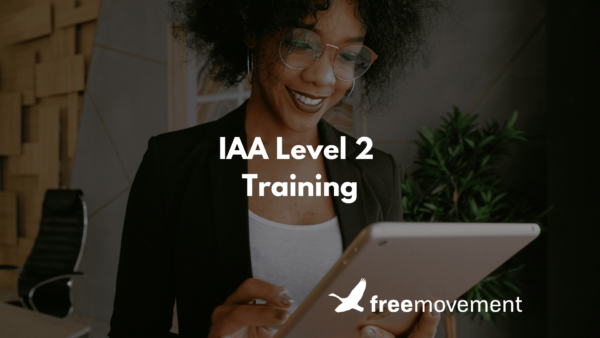Online small group tutored sessions now available. Two sessions per week for four weeks, with an expert tutor.
Our comprehensive online immigration law training course covers the Immigration Advice Authority Level 2 immigration and asylum syllabuses with worked examples, infographics, over 100 self-test questions, exam tips and more. It is aimed at level 1 advisers aspiring to become accredited at level 2, in the immigration category, asylum and protection category, or both. It will also be useful to anyone learning to practise immigration law at an intermediate level, for example, a junior solicitor or an IAAS level 1 accredited caseworker.
We cover immigration applications under the rules and outside the rules, asylum, protection and human rights claims, nationality law, challenging immigration decisions, detention and bail applications, and deportation and removal.
As with all of our courses, completion of this course can be counted towards continuing professional development and trainees will receive a certificate at the end.
The course can be taken at your own leisure, in your own time, in your own home. You can spend as long as you need on it. You can check out the course content below.
The course is only available to paying members of Free Movement. If you are not already a member, you can join here and access not just this course but all of our courses. Membership starts from £24 plus VAT per month, or £240 plus VAT for annual membership, and you can cancel at any time. We also offer corporate and group membership options.

